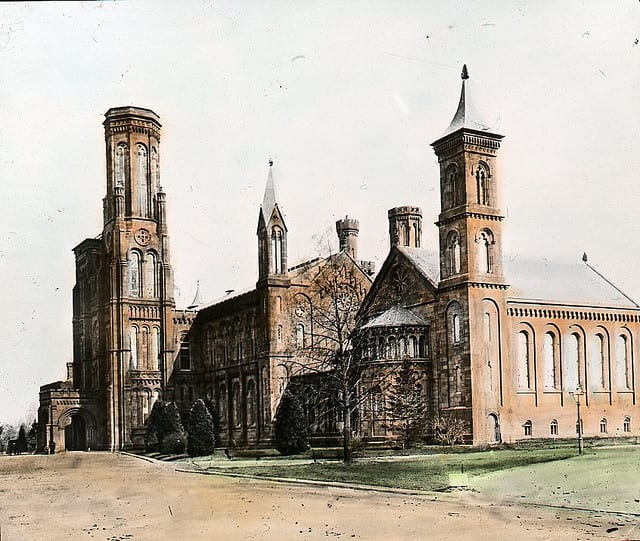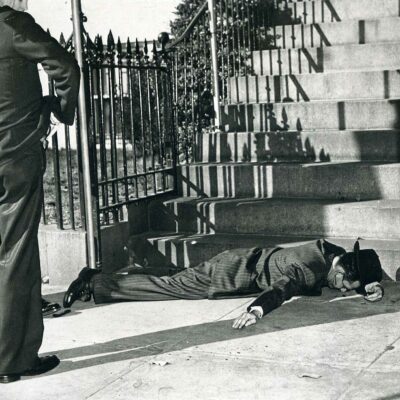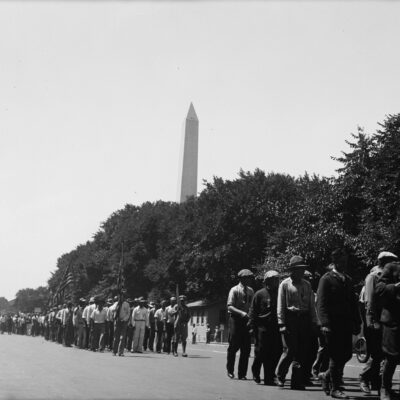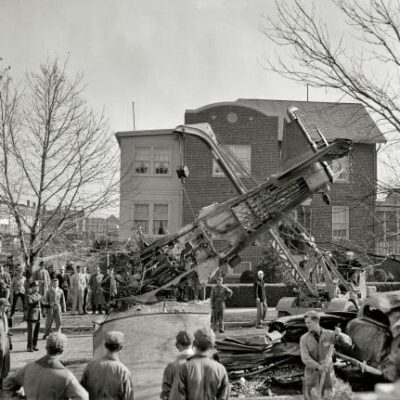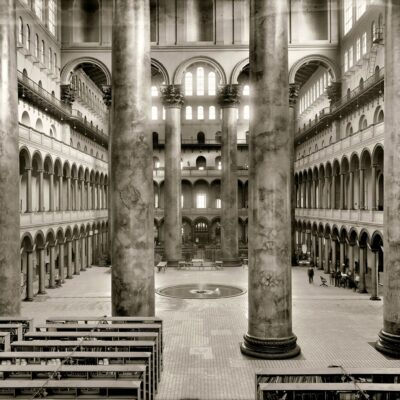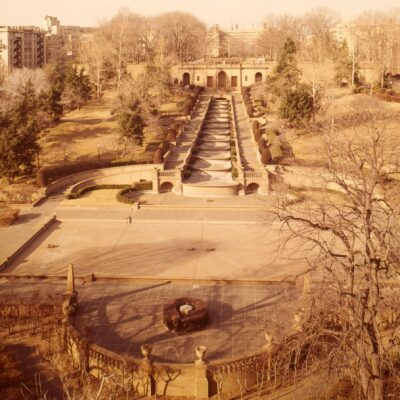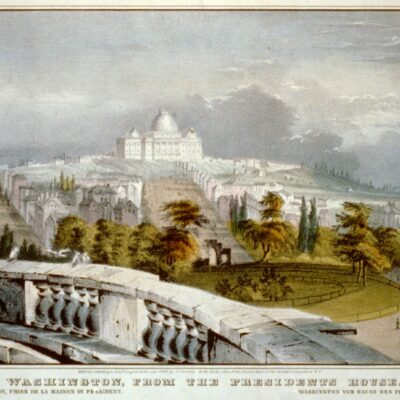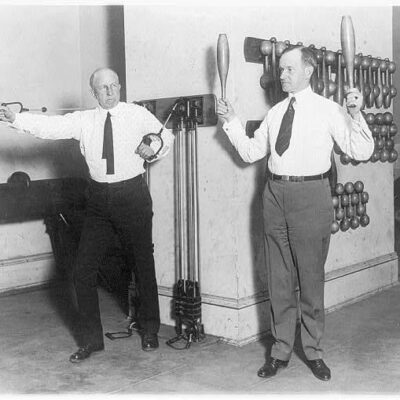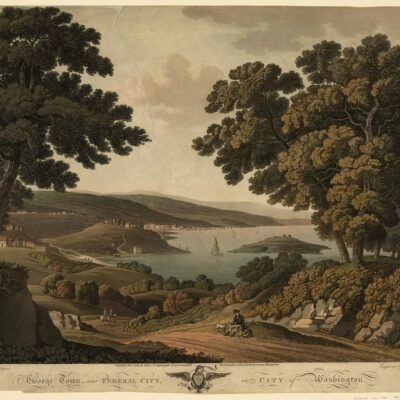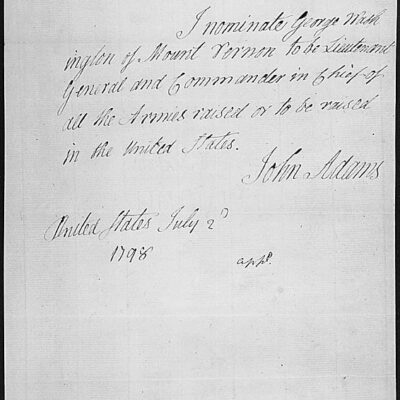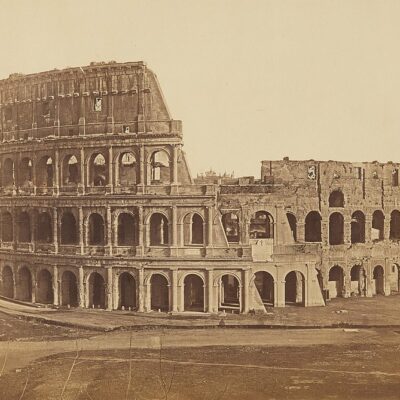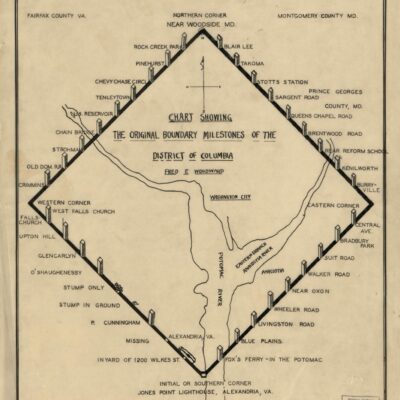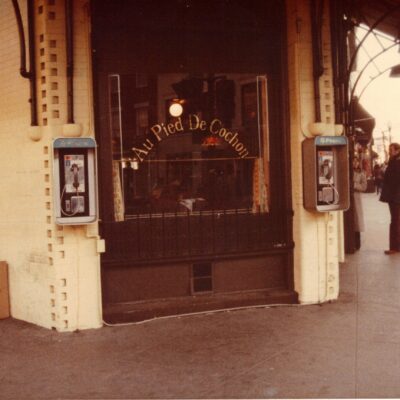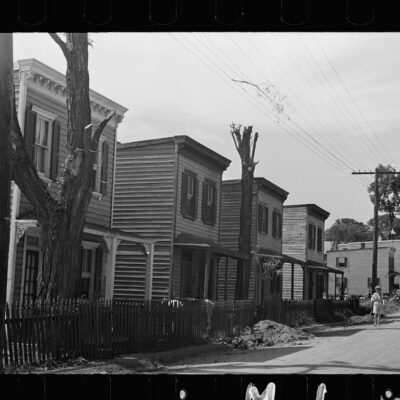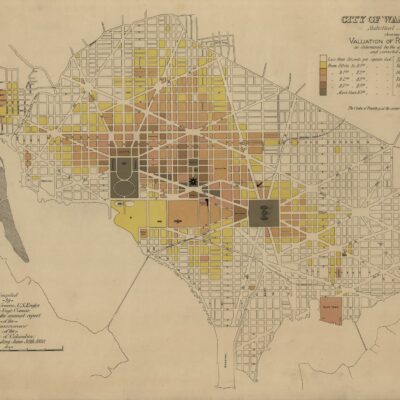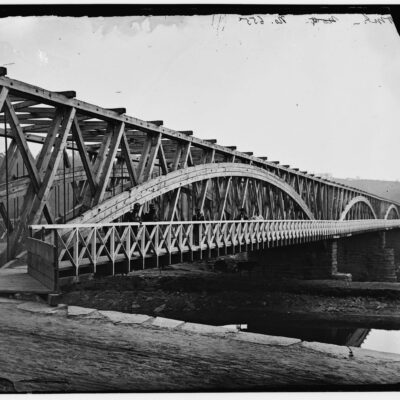Some of you may not be aware of this, but an Englishman, who had never set foot in America, provided the financial backing for the nation’s greatest museum: The Smithsonian Institution.
James Smithson was a wealthy man from across the Atlantic and on June 27th, 1829, he died while visiting Genoa, Italy. He was a man of science, being a mineralogist and chemist, and a great admirer of the young country in North America.
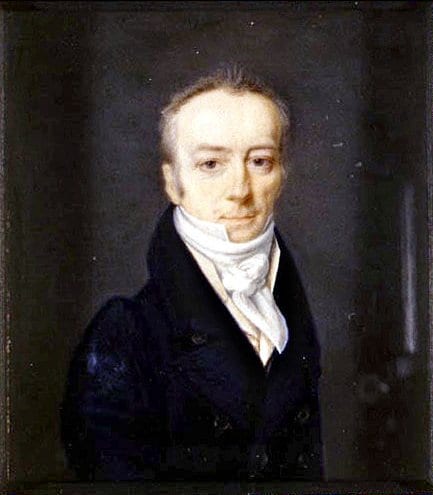
Thus, began the auspicious and completely unplanned birth of the Smithsonian Institution.
Below are excerpts from his living will, disposing of his estate.
I, James Smithson, son of Hugh, first Duke of Northumberland and Elizabeth, heiress of the Hungerfords, of Audley, and niece of Charles the Proud, Duke of Somerset, now residing in Bentick Street, Cavendish Square, do, this 23d day of October, 1826, make this, my last, will and testament.
I bequeath the whole of my property, of every nature and kind soever, to my banker, Messrs. Drummond, of Charing Cross, in trust, to be disposed of in the following manner, and desire of my said executors to put my property under the management of the Court of Chancery:
…
In case of the death of my said nephew, without leaving a child or children, or in case of the death of the child or children he may have, under the age of twenty-one years, or intestate, I then bequeath the whole of my property, subject to the annuity of £100 to John Fitall, and for the security of the payment of which I mean stock to remain in this country, to the United States of America, to found at Washington, under the name of the Smithsonian Institution, an establishment for the increase and diffusion of knowledge among men.
This was not something that was well publicized or known at the time, and the first official U.S. government knowledge of this generous gift was a letter to Aaron Vail, Chargé d’Affaires of the United States in London. I can only imagine his reaction upon learning the news.
CRAVEN STREET, STRAND, July 21, 1835
SIR: We send you enclosed the copy of the will of Mr. Smithson, on the subject of which we yesterday did ourselves the pleasure of waiting upon you; and we avail ourselves of the opportunity to repeat in writing what we verbally communicated.
Pursuant to the instructions contained in the will, an amicable suit was, on the death of the testator, instituted in chancery by Mr. Hungerford against Messrs. Drummond, the executors; under which suit the assets were realized. They were very considerable; and there is now standing in the name of the accountant-general of the Court of Chancery, as the trustees of the will, stock amounting to about £100,000. During Mr. Hungerford’s life he received the income arising from this property; but news has just reached England that Mr. Hungerford has died abroad, leaving no child to survive him.
It now becomes necessary that measure be taken for the purpose of causing the decision of the Court of Chancery, as to the further disposition of the property. On reference to the will, it will appear that it is not very clearly defined to whom, on behalf of the United States, the property should be paid or transferred; indeed, there is so much doubt that we apprehend that the Attorney-General must, on behalf of the Crown of England, be joined in the proceedings which it is requisite that the United States should institute.
We act in this matter for Messrs. Drummond, the bankers, who are mere stockholders, and who are ready to do all in their power to facilitate getting the decision and carrying into effect the testator’s intentions. We shall therefore be happy to communicate with such professional advisors as your Government may think fit to appoint to act for them in this country. In the meantime, we may perhaps be permitted to add that it is perfectly competent for us to carry on the proceedings on behalf the United States, and possibly some expense and delay may be avoided by our so doing.
Having thus briefly stated the nature of the business, we at present abstain from making any suggestions as to the party in whose name proceedings should be adopted, considering he point should be determined by our counsel here after the opinion of the proper law officers in the United States has been taken on the subject.
Any further information you may require we shall be happy to give you, and are, sire,
Your most obedient servants,
CLARKE, FYNMORE & FLADGATE
A. VAIL, ESQ., 48 York Terrace.
Shortly thereafter, Mr. Vail wrote to Secretary of State John Forsyth, passing the first word to Washington of the amazing gift.
LEGATION OF THE UNITED STATES, LONDON, July 28, 1835
DIR: The papers which I have the honor herewith to communicate to you will acquaint you with the particulars of a bequest of property to a large amount left to the United States by Mr. James Smithson, for the purpose, as stated in the will, of founding at Washington an institution for the increase and diffusion of knowledge among men. The letter of Messrs. Clarke, Fynmore, & Fladgate, the solicitors by whom I was apprised of the existence of the will, together with the inquiries I have made, leave no doubt of its having been established, and its disposition recognized by the Court of Chancery; the first legatee under it having for several years, and to the time of his death, received the income of the property, which is stated to have amounted to upward of £4,000 per annum.
According to the view taken of the case by the solicitors, it is now for the United States, in the event of their accepting the bequest and the trust couple with it, to come forward [sic] by their representative and make themselves parties to an amicable suit before the Lord Chancellor, for the purpose of legally establishing the fact of the demise of the first legatee without children and intestate; prove their claim to the benefit of the will, and obtain a decree in chancery awarding them the proceeds of the estate. Messrs. Clarke, Fynmore, & Fladgate are willing to undertake the management of the suit on the part of the United States, and from what I have learned of their standing, may safely be confided in. Not being acquainted with the exact structure of our institutions, they are unable to point out the exact manner in which the United States should be represented in the contemplated suit; but they believe that their diplomatic agent here, if constituted for that purpose the legal representative of the President, would be recognized by the Court of Chancery as the proper organ of the United States for all the purposes of the will.
Should it be thought necessary to await the action of Congress to authorize the institution of the requisite legal proceedings, and should the course suggested by the solicitors meet the views of the President, his power of attorney authorizing the diplomatic agent here to act in his name will, I apprehend, be necessary; and as the suit will involve some expense not connected with the contingent fund of the legation, your instructions upon this branch of the subject will likewise be desirable.
I am, with great respect, your obedient servant.
A. VAIL
With those two letters, our city and our country was set down the path to establish the Smithsonian Institution.
